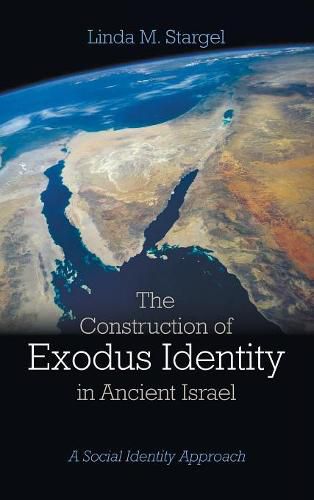Readings Newsletter
Become a Readings Member to make your shopping experience even easier.
Sign in or sign up for free!
You’re not far away from qualifying for FREE standard shipping within Australia
You’ve qualified for FREE standard shipping within Australia
The cart is loading…






This title is printed to order. This book may have been self-published. If so, we cannot guarantee the quality of the content. In the main most books will have gone through the editing process however some may not. We therefore suggest that you be aware of this before ordering this book. If in doubt check either the author or publisher’s details as we are unable to accept any returns unless they are faulty. Please contact us if you have any questions.
Collective identity creates a sense of us-ness in people. It may be fleeting and situational or long-lasting and deeply ingrained. Competition, shared belief, tragedy, or a myriad of other factors may contribute to the formation of such group identity. Even people detached from one another by space, anonymity, or time, may find themselves in a context in which individual self-concept is replaced by a collective one. How is collective identity, particularly the long-lasting kind, created and maintained? Many literary and biblical studies have demonstrated that shared stories often lie at the heart of it. This book examines the most repeated story of the Hebrew Bible–the exodus story–to see how it may have functioned to construct and reinforce an enduring collective identity in ancient Israel. A tool based on the principles of the social identity approach is created and used to expose identity construction at a rhetorical level. The author shows that exodus stories are characterized by recognizable language and narrative structures that invite ongoing collective identification.
$9.00 standard shipping within Australia
FREE standard shipping within Australia for orders over $100.00
Express & International shipping calculated at checkout
Stock availability can be subject to change without notice. We recommend calling the shop or contacting our online team to check availability of low stock items. Please see our Shopping Online page for more details.
This title is printed to order. This book may have been self-published. If so, we cannot guarantee the quality of the content. In the main most books will have gone through the editing process however some may not. We therefore suggest that you be aware of this before ordering this book. If in doubt check either the author or publisher’s details as we are unable to accept any returns unless they are faulty. Please contact us if you have any questions.
Collective identity creates a sense of us-ness in people. It may be fleeting and situational or long-lasting and deeply ingrained. Competition, shared belief, tragedy, or a myriad of other factors may contribute to the formation of such group identity. Even people detached from one another by space, anonymity, or time, may find themselves in a context in which individual self-concept is replaced by a collective one. How is collective identity, particularly the long-lasting kind, created and maintained? Many literary and biblical studies have demonstrated that shared stories often lie at the heart of it. This book examines the most repeated story of the Hebrew Bible–the exodus story–to see how it may have functioned to construct and reinforce an enduring collective identity in ancient Israel. A tool based on the principles of the social identity approach is created and used to expose identity construction at a rhetorical level. The author shows that exodus stories are characterized by recognizable language and narrative structures that invite ongoing collective identification.